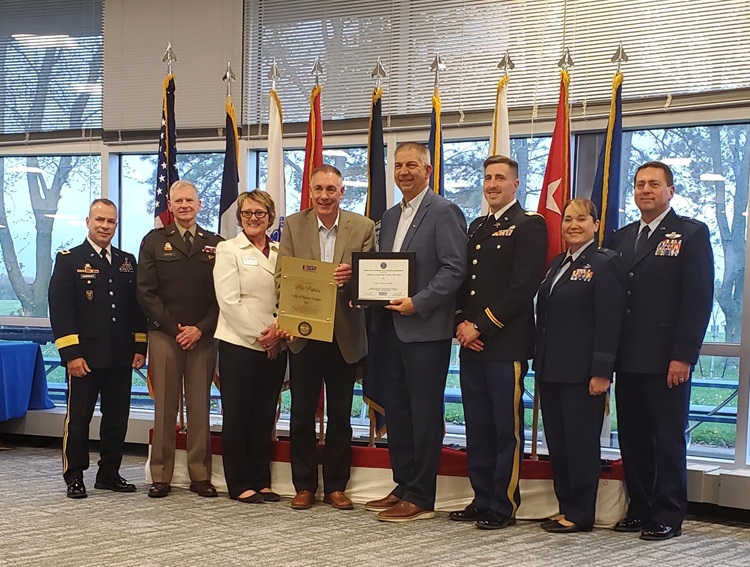Statewide Iowa — July 1st is the start of the fiscal year. It’s also the first date that new laws are usually effective. Sunday was July 1st, so there are some new laws that are now in effect in the Hawkeye State.
The one you’ve probably heard the most about is the update to the “move over” law. For several years, motorists have had to switch lanes or slow down when they encounter an emergency vehicle on the shoulder. Recently some other types of vehicles that are often found on the shoulder were added to the law, such as utility vehicles. As of July first, the law now includes ANY vehicle, including regular cars and trucks on the side of the road. So if you encounter someone on either shoulder, the law now says you need to move over or slow down for them as well.
Another change to an existing law is the “Safe Haven” law. That’s the one that allows parents of newborns or someone acting with the authority of the parents to leave a newborn at a hospital or healthcare facility without risk of being prosecuted for abandonment. Until July first, the newborn could only be up to 14 days old. The update allows the baby to be up to 30 days old.
A couple of the new laws affect school districts. One new law requires school districts to use emergency plans for active shooter situations and natural disasters like tornadoes or floods. Another says schools may not shame or in any way publicly identify students who acquire lunch debt.
Another new law that went into effect on Sunday requires the installation of carbon monoxide alarms in residential buildings. The law applies to both new construction and existing buildings, both for rent and otherwise. Experts say carbon monoxide is dangerous because it is invisible, and has no odor or smoke.
All people convicted of operating a motor vehicle while intoxicated will now have to have a vehicle interlock device installed on their vehicle. Before July first, the law only applied to repeat offenders, but now even first-time violators will need an interlock device.
A new water excise tax will help raise revenue for water quality efforts.
The law now requires foster children to have at least one medical visit per year.
Lawmakers also decided to expand the support for veterans in need of housing and other services and to make scholarships and health insurance available for children and spouses of fallen peace officers and firefighters who are killed in the line of duty.












